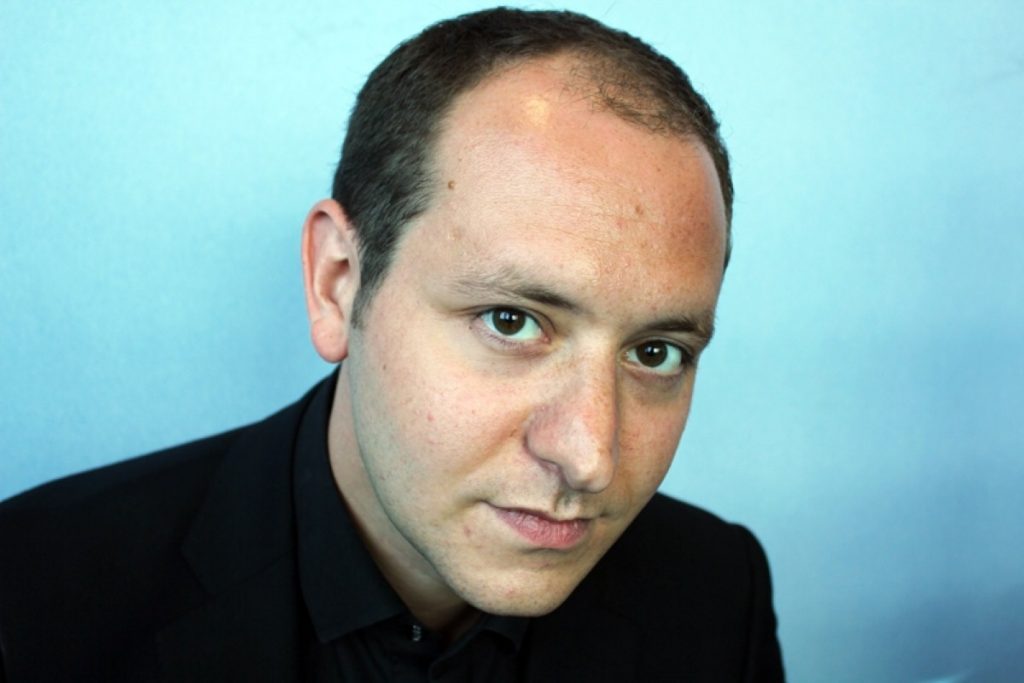Comment: The Jimmy Savile row is being used to bash the BBC
"Did the liberal left establishment allow Jimmy Savile to abuse children at will?" the Mail Online asked today. Down the right-hand side of the screen there was the usual collection of teenagers in bikinis: its highly-addictive sidebar of shame.
"There are disturbing claims that there was a culture of sexual exploitation within the corporation," the Sun said in an editorial last week, a few pages after the Page 3 girl. "Taxpayers are entitled to a rigorous independent inquiry." I would absolutely love to know more about the sexual culture at the Sun which led it ask female interns to pose naked last August. I imagine it was a hotbed of liberalism and equal opportunity in the 60s and 70s, when Savile was active.
The BBC's enemies have come out to play, rubbing their hands with glee at a scandal big enough to permanently damage the corporation's reputation. If one silly phone call from Russell Brand could drive them crazy for weeks, imagine what they will do with this. The appalling predatory behaviour of Savile has become just another stick to beat auntie with.
The real scandal is our inability to challenge the powerful – in any industry, in any society. Instead of addressing that – a cultural trait which will claim more victims in future – the media focuses its fire on its competitor. It is a dereliction of duty.


The BBC does have questions to answer and new director-general George Entwistle, who is enduring something of a baptism of fire, will struggle to answer them in front of the media committee tomorrow. Newsnight's editor Peter Rippon appears to have gone from supporting an investigation into the presenter to dropping it in a suspiciously short period of time. His justification centred on a minor aspect of the investigation. The veracity of statements put out by management since the story broke earlier this month has been questioned by staff. You can get the full details behind this here.
This raises questions about whether the Newsnight investigation was dropped to safeguard the Christmas schedules. More emotionally – but just as importantly – it also raises the ugly prospect that management allowed tribute programme to go out for a man they suspected was a child abuser.
The tabloid press is so excited it is practically salivating, but the allegations do not add up to a smoking gun. Even if they are all proved true, it was BBC journalists who first uncovered and reported the Savile allegations, only to have their management chicken out of broadcasting it.
Unlike other institutions, which typically fight against scrutiny (think of the newspaper industry's reaction to the Leveson Inquiry), the BBC has a commendable reputation for accepting it and uncovering itself. Its own coverage of the explosive aftermath of the Hutton inquiry and of the Russell Brand phone call was particularly well-judged. As, for that matter, was Sky News' coverage of phone-hacking.
The BBC has questions to answer, but no good will come from narrowing the focus to the corporation. Part of the reason Savile got away with his predatory behaviour was the culture of the 60s and 70s, which was awash with machismo and powerful people getting what they wanted.
The other part of the reason is Britain's continued infatuation with celebrity. The Sun reportedly also had an investigation into Savile on the go, which they dropped when they realised you don’t go up against a national treasure without making sure everything's watertight. As with rape cases, watertight is a difficult thing to achieve in child abuse. The crime was usually long enough ago for there to be no remaining physical evidence. All that's left is 'he-said-she-said'. Where the accused is a celebrity, it is harder to secure conviction, or even a fair hearing.
Britain has a tendency to put certain figures – usually called 'national treasures' – on a pedestal, from which they are protected from attack. John Peel, whose radio shows were my introduction to music as a child and who did more than anyone else to form my musical tastes, was treated with reverence and love by at least three generations of radio listeners. I was obviously one of them. Recent reports suggest he impregnated a 15-year-old child.
When we make figures beyond reproach, this is the freedom we are allowing them. One look at the savage treatment of anyone who dares marry a former Beatle can attest to the skewed priorities of British newspaper coverage.
The press is not challenging this attitude. Instead, it is carrying out another one of its battles with the BBC. The public service broadcaster has far higher levels of trust among the public than any of its competitors. They know it can only be crushed when those levels of trust have been reduced. That's why their interests in the victims of child abuse take a backseat to their commercial and political games.
The opinions in politics.co.uk's Comment and Analysis section are those of the author and are no reflection of the views of the website or its owners.









